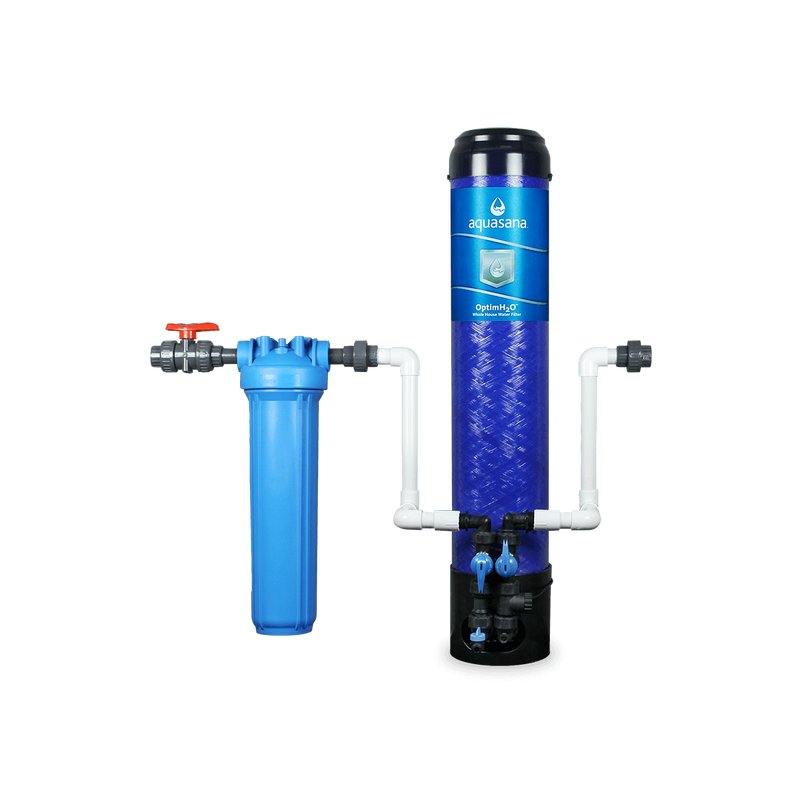What is deionized water used for?
Deionized water is ideal for applications that require precise chemistry, since removing all ions (except H2O) makes it chemically pure. Water that's free of impurities will produce more reliable, repeatable results in lab experiments and manufacturing applications. As a result, medications, cosmetics, and even production beverages may use deionized water.
There are also good ways to use deionized water in your home:
- Filling a dehumidifier to avoid mineral buildup.
- Cleaning countertops, windows, and other surfaces without leaving a residue behind.
- Filling your aquarium.
- Making DIY shampoos, face washes, and conditioners.
- Cleaning car parts.
Is deionized water safe to drink?
Deionized water is safe to drink, but it's not your best option for three reasons:
- Lack of minerals: Deionized water lacks minerals that are good for you, such as calcium, magnesium, and iron. You can easily take in these minerals from a well-rounded diet, but it doesn't hurt to have them in your water, too.
- Flat taste: Removing minerals also affects the taste of the water, and deionized water doesn’t taste great. The taste difference is hard to describe, but some say deionized water tastes "flat" or "off."
- Remaining contaminants: Deionized water may still have organic compounds — including viruses or bacteria — that can make you sick. This sounds counterintuitive, given that deionized water is thought of as "pure." But "purity" with respect to deionization means the water is free from charged molecules. As noted, the deionization process does not remove uncharged organic compounds.
A better choice for in-home water
Deionized water has its uses, but for the reasons noted above, it’s not recommended for in-home use. The right filter is one that removes the dangerous contaminants, leaves healthful minerals, and produces water that tastes great.
The OptimH2O® from Aquasana, a whole home filter, has those capabilities. It removes 99% of lead and cysts, 98% of PFOA and PFOS, and 90% of chloramines.
- Cysts are microorganisms found in water. Giardia and cryptosporidium are two common ones, and both can cause digestive irritation.
- PFOA is perfluorooctanoic acid. PFOS is Perfluorooctane Sulfonate. Both are chemicals commonly found in drinking water. They are associated with cancer, immunity deficiencies, and thyroid imbalances.
- Chloramines are disinfectants used by water utilities to treat drinking water. The EPA has studied the health effects of chloramine and has established maximum contaminant levels for drinking water.
WHOLE HOUSE WATER FILTER
OptimH2O®
Tested and certified to reduce lead, cysts, and PFOA/PFOS, plus tackles chlorine and chloramines.

Water filtered through the OptimH2O is much cleaner than tap water but doesn't have the flat taste of deionized or distilled water. It's gentler on skin and hair and easier to cook with, too.
Deionization purifies water, but it's not the type of purity you need for drinking water. An effective water filter, on the other hand, delivers the benefits of deionization without the drawbacks.
